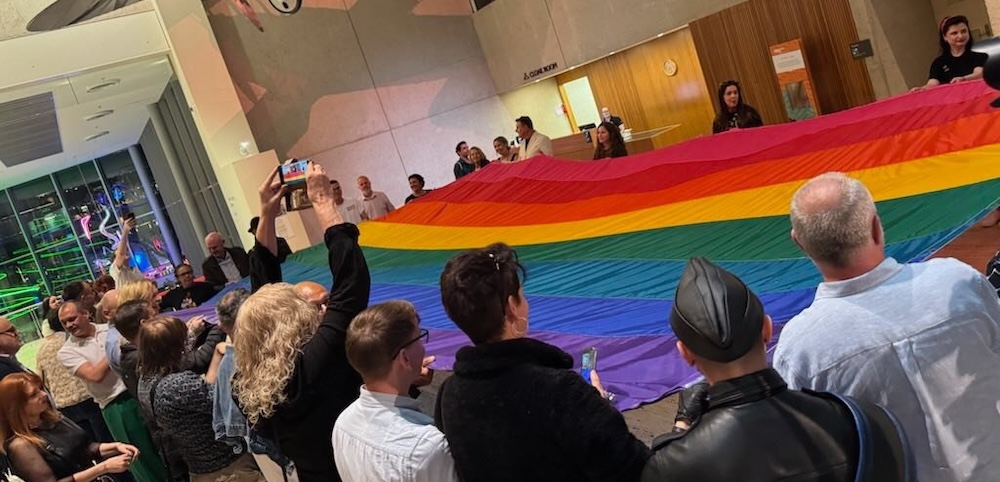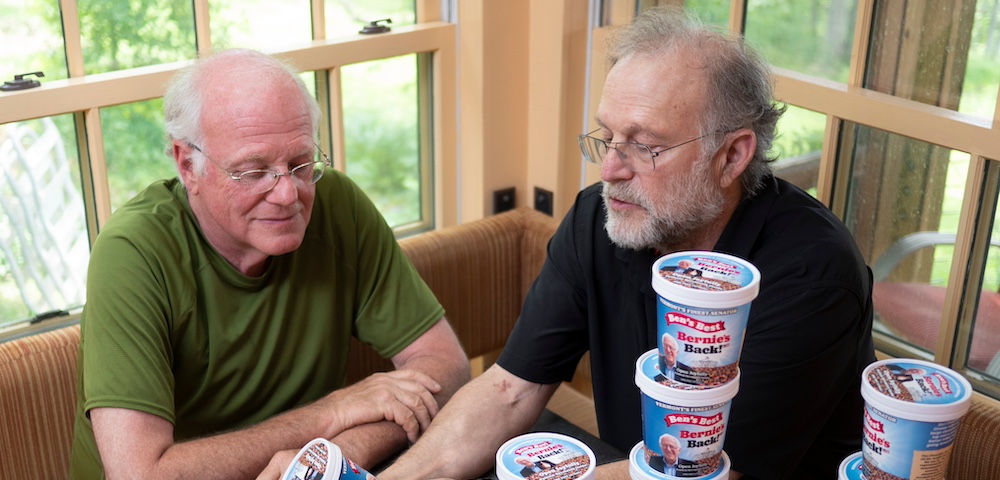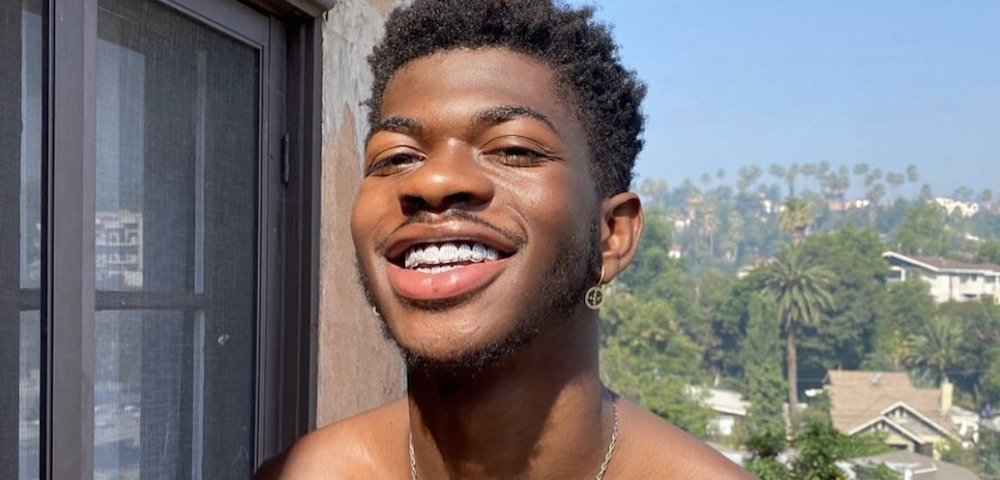
Opportunism Or A Real Commitment To Change?
The recent death of African-American man George Floyd at the hands of a white US police officer sparked outrage and led to worldwide demonstrations against racism and police brutality. Coming on the eve of Pride month, held annually in June, LGBTQI groups were quick to pick up the cause, drawing comparisons between the current protests and the LGBTQI community’s own historical resistance to police harassment and brutality.
Indeed, people of colour played a pivotal role in laying the foundations of the LGBTQI rights movement and bore the brunt of the police harassment and brutality that followed. Yet, so often in the past, the LGBTQI community overlooked the pioneering contributions by people of colour like Marsha P. Johnson and Stormé DeLarverie in advancing LGBTQI rights.
Seizing on the global push against racism, many Pride celebrations have this year made last minute changes to their programs to shift their focus to one that highlights the role that people of colour have played in the LGBTQI rights movement. This is in direct contrast to past Pride celebrations. At the end of last year’s Pride month, activist and author George Johnson wrote, “Just as the movement for LGBTQ rights has been whitewashed, so has Pride month often felt like a white, gay-centred event – far removed from the leaders of the Stonewall riots,” the event widely considered to have been the catalyst for the modern LGBTQI rights movement.
This seeming hypocrisy by many LGBTQI organisations has not gone unnoticed and has been called out by UK Black Pride, which has attempted to distance itself from LGBTQI organisations that have tried to capitalise on the struggle faced by people of colour. In response to a tweet by Pride in London that suggested an affiliation with UK Black Pride, the latter tweeted, “UK Black pride would like to make clear that we are in no way affiliated with Pride in London, nor their new fund, and we find their use of our logo opportunistic and misleading.”
Pav Akhtar, UK Black Pride’s Director of Strategy, says that LGBTQI groups need to ensure integrity and sincere allyship with Black LGBTQI people and organisations and that there is “a need to not usurp or exploit Black peoples’ struggles without our consent [especially at] a time when LGBTQI organisations are seemingly looking to redefine or repurpose and re-orient our collective cause in light of the massive structural racial and social class inequalities that COVID and [black] deaths in custody have laid bare.”
Despite this, Mr Akhtar welcomes as “really positive” the “realisation” by some LGBTQI organisations that not everyone has benefited in the same way from the advancement of equality. It’s a sentiment shared by Kunal Mirchandani, Chairperson of Trikone Australia, a non-profit support organisation for LGBTQI people of South Asian descent. He says that by making a statement against racism and supporting movements such as Black Lives Matter, LGBTQI groups are not only showing their solidarity, but are potentially also self-reflecting and changing their own attitudes for the better.
The challenge now, Mr Mirchandani says, is to translate these voices of support into active change and there remains a lot more work to do within the LGBTQI community. At the heart of this lies the need for recognition by white LGBTQI of the privilege they experience within the community and for everyone to call out all instances of discrimination, whether it be racism, transphobia, homophobia or any other form of discrimination.
We will never know if the current actions being taken by LGBTQI organisations are anything more than opportunism, but Mr Mirchandani believes that if we are to bring about real change, then that can only be achieved by being more vocal about the need for that change.









